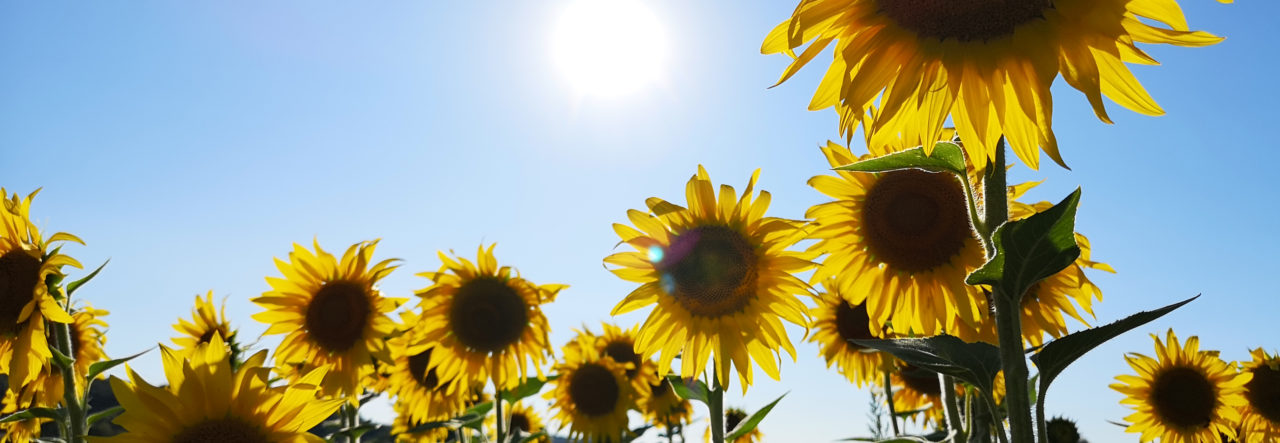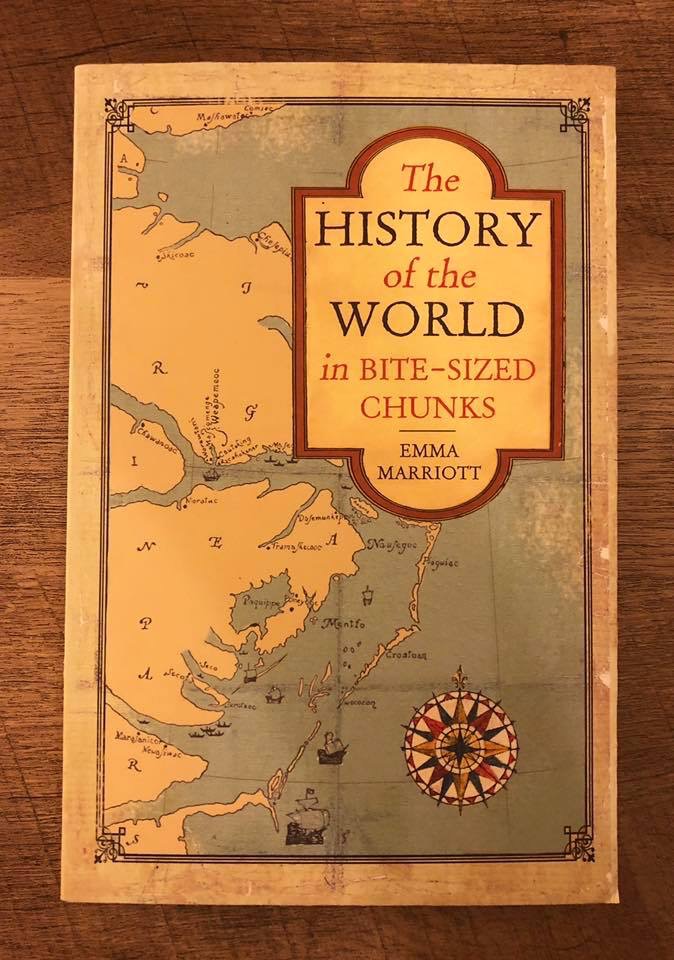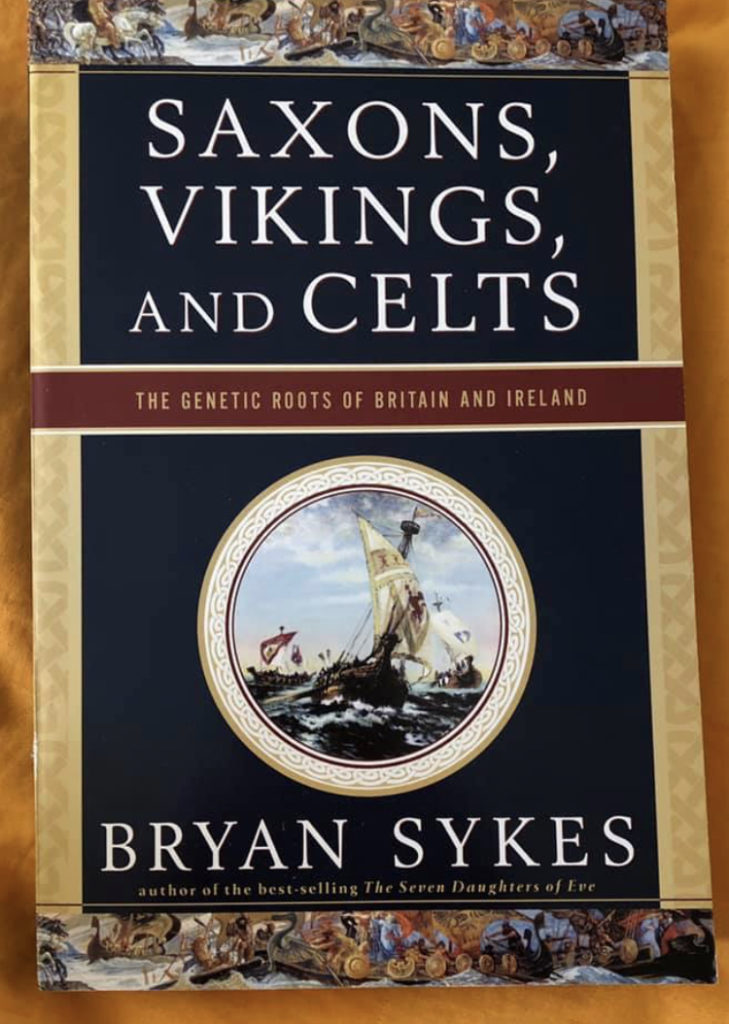
Author: Candee
My New Passport—
THIS is the stuff that makes me happy! My new passport arrived today—I can’t wait to fill it up!
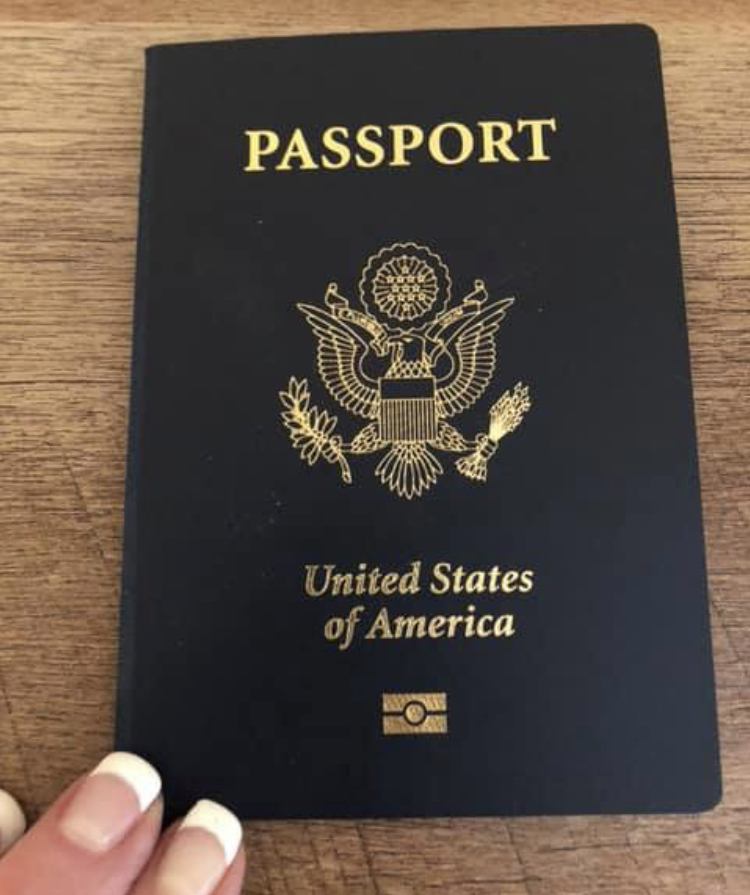
Some Things Never Change
“Baths, wine and sex ruin our bodies. But what makes life worth living except baths, wine, and sex?”
~Corpus Inscriptionis VI, 15258
I literally love this old Roman quote, but I think ”massage” should have been added to it as well! ?
Book #11–A History of the World in 6 Glasses
It took me FOREVER to read book #10 entitled, Salt—A World History. It was incredibly interesting, but it was a deep read with lots and lots of details. It brought up a memory from years ago when my friend Kym and I went on a salt mine tour when we were in Austria. We donned “miner outfits” and slid down a wooden slide into the mine. This tourist experience was mentioned in the book, and it was a lot of fun.
The new book that I’m reading is called, A History of the World in Six Glasses. The author attempts to explain the history of the world through beer, wine, spirits, tea, coffee, and cola. You should read that as—How Alcohol & Caffeine Changed the World!
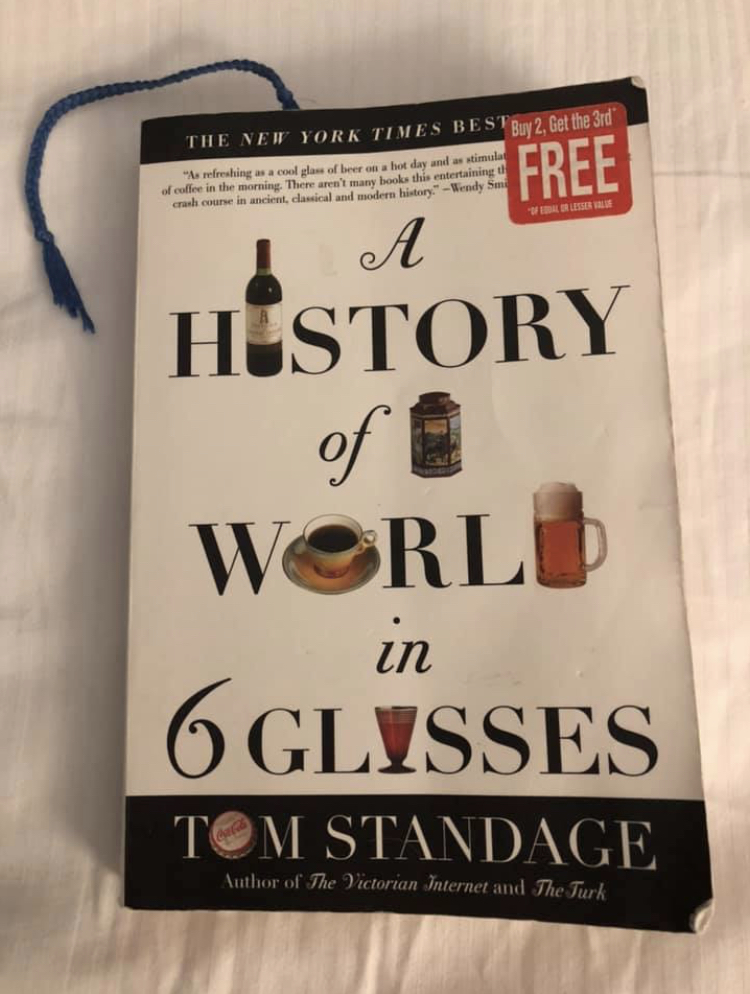
My brain has just exploded—while reading the chapter about the history of beer, I found out that the history of bread is closely linked. In fact, archeologists argue over which was developed first.
“The two were just different sides of the same coin: Bread was solid beer, and beer was liquid bread.”
? ? = ?
A Chance Meeting (on a shuttle bus of all places!)—

What a great surprise—right before leaving Dulles, Victoria (my co-worker) and I discovered that we were both flying to LaGuardia Airport, and both of us were renting from Enterprise.
Her flight was supposed to land about twenty minutes after mine, but she took off early and my plane sat on the runway for about 15 minutes before taking off.
We met in the Enterprise shuttle and got to chat for about 10 minutes before we both headed off in different directions. We only see each other a few times a year, so it was a nice surprise.
Small world! ?
Book #10–Salt: A World History
Being at the salt flats today reminded me that I didn’t post my 10th book. It’s called, “Salt,” and I started reading it on the plane.
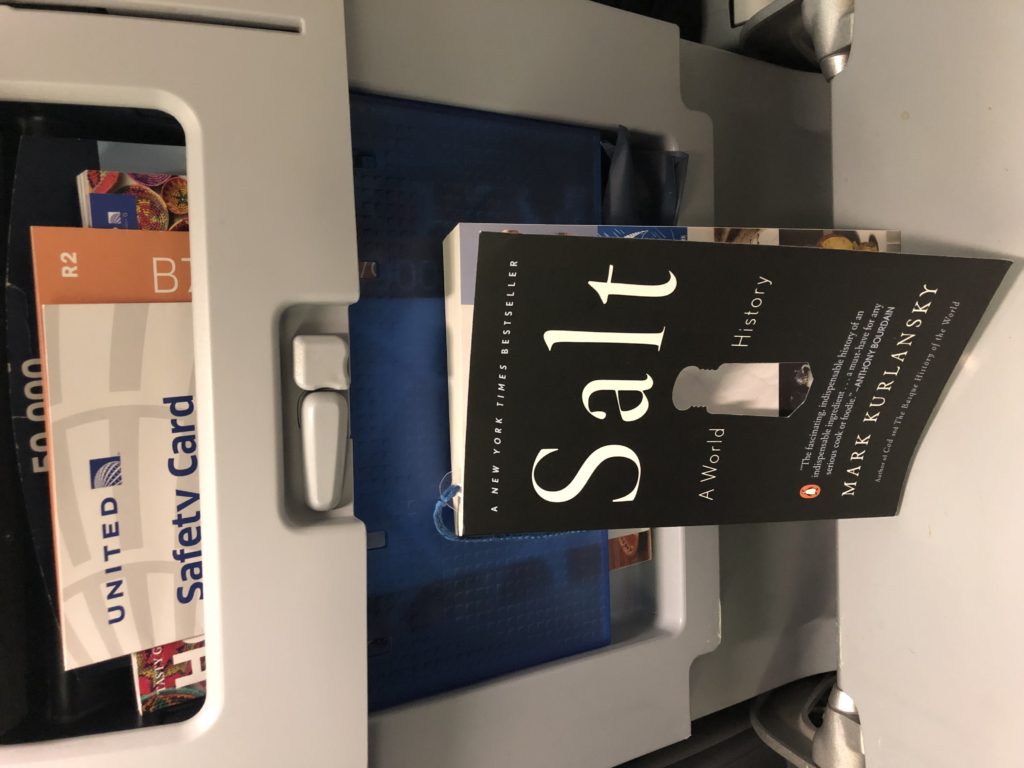
Book #9–The Little Book of Hygge: Danish Secrets to Happy Living
Book #8 is a heavy read about World History. It’s interesting, and I’m learning a lot, but like I said…it’s heavy! Here are a few of the topics that I’ve had to digest recently—Ancient Greece and the Birth of Democracy, the Romans, the Birth of Islam, the Golden Age of China, the Vikings, and the rise and decline of the Ottoman Empire (just to name a few of the topics, and in no particular order!)
I decided to duel read Book #8 & #9. With Christmas approaching, I knew that it’s the most Hyggelig time of the year, so yesterday, I curled up with the book, ‘The Little Book of Hygge—Danish Secrets to Happy Living,“ and got my Hygge on!
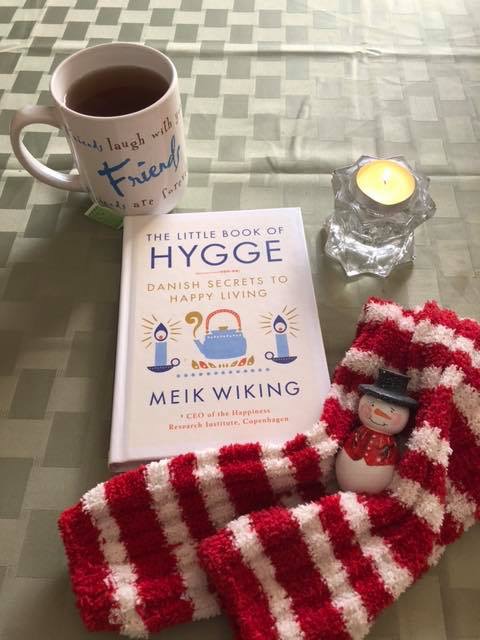
Pronounced, “Hoo-Ga,” Hygge is at the core of what it means to be Danish. Hygge is the concept of purposely constructing an environment that’s warm and cozy, thus improving personal well-being and happiness.
Europeans as a whole understand and practice this concept, but the Danes take it to a whole new level, as it has slipped into their conscience like the word “freedom” is to Americans. In other words, it’s who they are.
I’ve heard and experienced this concept before, but only in Europe. It’s hard to duplicate it in America because everything is done at such a fast and furious way here—run, run, run, like we’re on overdrive at all times.
Yesterday, I slipped on my warm, fuzzy (old) socks, lit a candle, sipped on hot tea, and toggled between reading book #8 & #9. I took a break mid-afternoon and made a pot of slumgullion stew. As it simmered all afternoon I returned to reading. I was comfortable and cozy—and it felt so good. I didn’t have to race off to finish last minute shopping, nor was I stuck to the kitchen all day. I just relaxed!
Slumgullion Stew—
I think most of you know that I’m a logophile, which is just a fancy way of saying that I’m a lover of words. Earlier today, I was looking something up online, when I stumbled across a term that I had never heard before—slumgullion. It sounds like an awful word, right? It has three main definitions—
- A thin stew of meat, vegetables, & potatoes
- A weak, thin, or watery beverage like coffee or tea
- The leftover gunk from processing whale blubber—ugh, seriously?
The etymology of the word, doesn’t do it any favors because loosely translated, the meaning of slumgullion is a combination of slime & mud or cesspool. Mark Twain used the term in 1872 when referring to watery coffee. When thinking about a stew, many people think of it as a “throw everything in the refrigerator into a pot” type of dish. Historically speaking, stews have been around for centuries, but the term slumgullion appears to have been coined in the mid-1800’s.
Since it’s a “leftover” sort of dish, most sources say that there isn’t one specific recipe, but agree that it contains meat, vegetables, and potatoes. After searching around, I stumbled across a recipe for slumgullion stew that sounded good…so, guess what I did this afternoon? Yup—the word nerd got cookin’! The name doesn’t hold much appeal, but the stew was quite tasty!
Bon Appétit! —(I wish you) a hearty appetite (French)
Sumo Words?
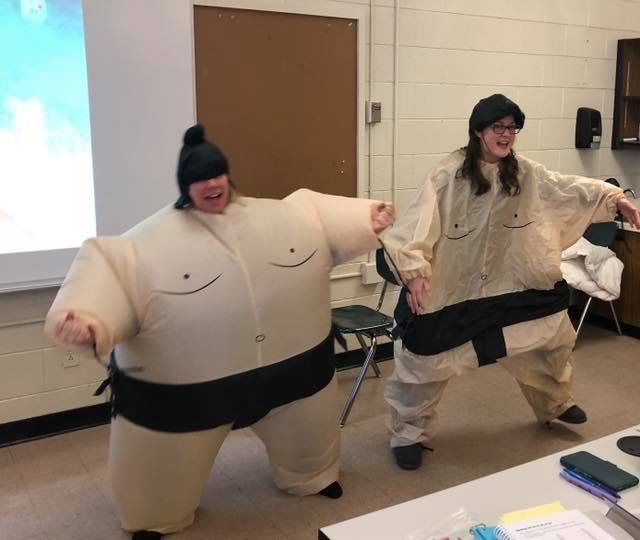
As many of you know, my job takes me all over the United States to train teachers. I teach them the Orton-Gillingham philosophy for teaching children how to read. This multi-sensory approach encourages teachers to engage the multiple pathways to the brain—visual, auditory, kinesthetic/tactile when presenting concepts to their students.
Words can be thought of in two ways—phonetic and non-phonetic, which is just the educational way of saying that some words can be sounded out, and some can’t. I teach a different strategy for learning each type of word.
Non-phonetic words are words that have irregular spellings, and are difficult for some students to learn because they have to be passively memorized. Teachers typically put these types of words on flash cards, which is a strategy that often falls short.
I teach a strategy for non-phonetic words that involves the multiple pathways to the brain. As with any type of learning, the skill needs to be practiced, and again it’s best to practice using one or more of the learning modalities, as opposed to only using flash cards to aid in memorization.
I model the strategy for the teachers, by picking words that many adults don’t know how to spell—colonel, lieutenant, and sergeant. After the teachers learn the strategy, I tell them that the students need to practice the word all week in fun, multi-sensory ways that will help implant the new word into their memory.
To illustrate this point, I have the teachers stand up and take a sumo wrestler stance, and of course this makes everyone laugh—learning should be fun, right? The new word is spelled out orally, with each sumo stomp.
Well—fast forward to my last day of teaching. It was lunch time, and I was sitting at the front table eating, and reading a book. I had just glanced at the clock and saw that I had about two minutes left before class was to begin again.
I heard a slight commotion off to my left and I heard a gruff voice call out, “Come on…stand up! We’re going to practice the word lieutenant!”
I glanced over to see two people in inflated sumo wrestler outfits leading the class in practicing the non-phonetic word that I had taught them earlier in the week.
I burst out laughing and jumped up to take a picture, as the class was being guided through stomping out the word lieutenant. It was already funny, but then one of the costumes started to leak, and the whole thing deflated! I know we use this expression a lot, but…I almost wet my pants because I was laughing so hard!
I LOVE my job! Learning SHOULD be fun!
